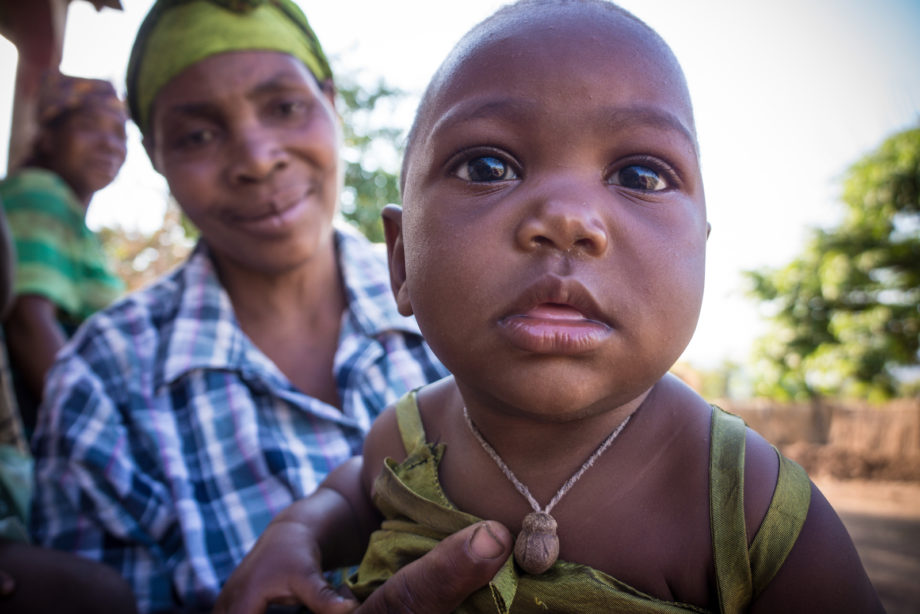Recently I sat in my teammate’s home, sharing a breakfast of spiced coffee and fried dough as we chatted about new friends, neighborhood happenings, and things we’ve been learning.
Our conversation turned toward the hard things local Muslim women—our friends—face here. Abuse, rape, war, hunger, and poverty; corruption, lies, and deceit. First, second, and third wives. These are normal things women in this country experience.
I remember crying my eyes out after hearing Aiseta, my language helper, share her about the traumas in her own life. She was raped by her teacher at age 13 and became pregnant. Aiseta was shamed and blamed for the incident; the teacher was never punished, and he even denied even knowing her. No one helped her when her baby girl was born. Since she had no clothes for the infant, Aiseta kept the child wrapped in an old headscarf until she could buy clothes.
She’s experienced so much sorrow. Perhaps that’s why she recognized the treasure of the Gospel when I shared it with her. She listened eagerly and quickly embraced the promise of eternal life in Jesus Christ.
Sadly, I’ve grown accustomed to hearing my friends share their tragedies. Sometimes I’m shocked when I hear a woman say that nothing bad has ever happened to her.
It’s easy to become calloused. I’d be too emotional to get through my days if I didn’t harden my heart every time I heard about another sorrow. But have I become too hardened? Too calloused? How do I find a balance?
As I left my teammate’s home that recent morning, I decided to stop and visit Rabia, one of my Muslim friends. Rabia was happy to see me and stopped washing her laundry to visit with me. We sat under the shade of a tree, and she laid her sleeping 4-month-old son between us.
A few minutes later, Rabia’s mother arrived. She’d been busy in the fields and hadn’t visited in several weeks.
Even though her little grandson was sound asleep, Grandma scooped him up and lavished him with kisses. Over and over again, she kissed him: cheek, cheek, forehead, lips… cheek, cheek, forehead, lips.
The little guy popped one eye open. And instead of crying, he smiled and looked right into his sweet grandmother’s grinning face. They looked smitten, full of love for one another.
Pay attention, I felt the Lord say to me as I blinked back tears over this precious sight.
This is how you don’t get too hardened here, I felt Him say. Pay attention to the little glimpses of sweetness I show you here.
Rabia poured us small glasses of warm milk, handed out some bread, and placed a plate full of honey for us to dip our bread into—a mini feast to accompany the love between grandmother and grandchild.
What a privilege to partake in our Muslim friends’ lives, so full of pain and hardship. My teammates and I are here to invite them into Jesus’ Kingdom. We are honored to present to them the hope of the Gospel—and to share in their joy.
And sometimes, God reminds us of His sweet love when a friend like Rabia serves us milk and honey.
Frontiers worker Julie lives in a Muslim community where information is rarely shared directly.
Discover what she’s learning through indirect verbal cues and euphemisms by clicking the button below.
**This account comes from a long-term worker. Names have been changed for security.**
Original article: https://www.frontiersusa.org/blog/milk-and-honey

